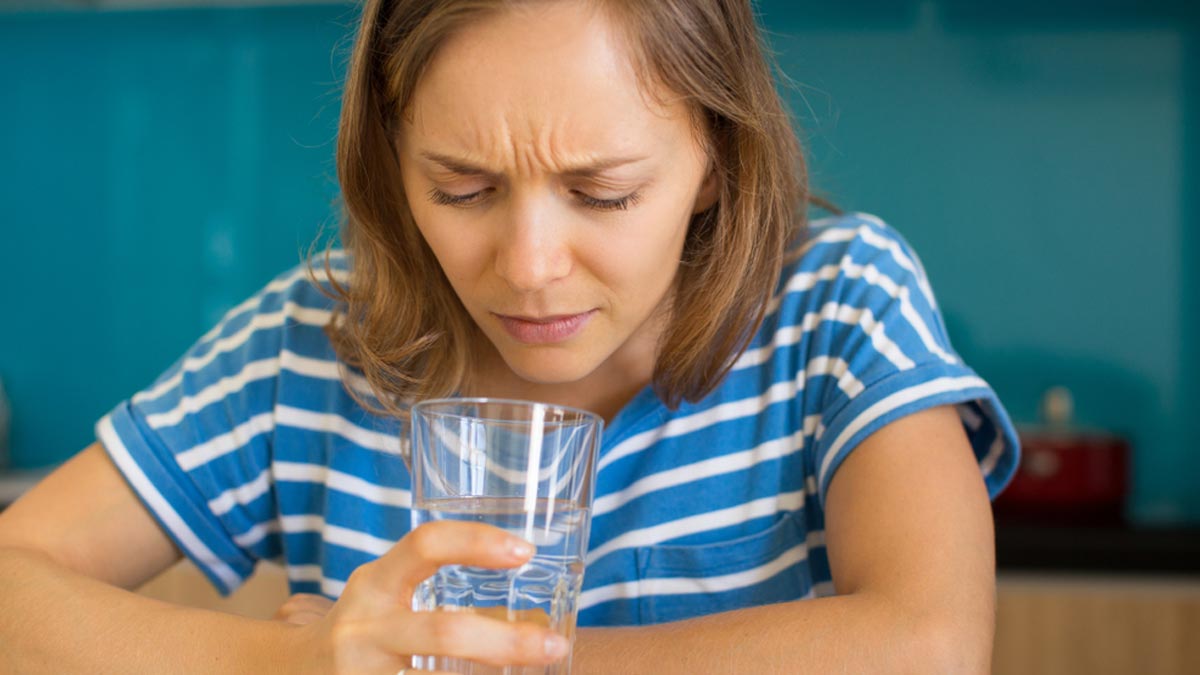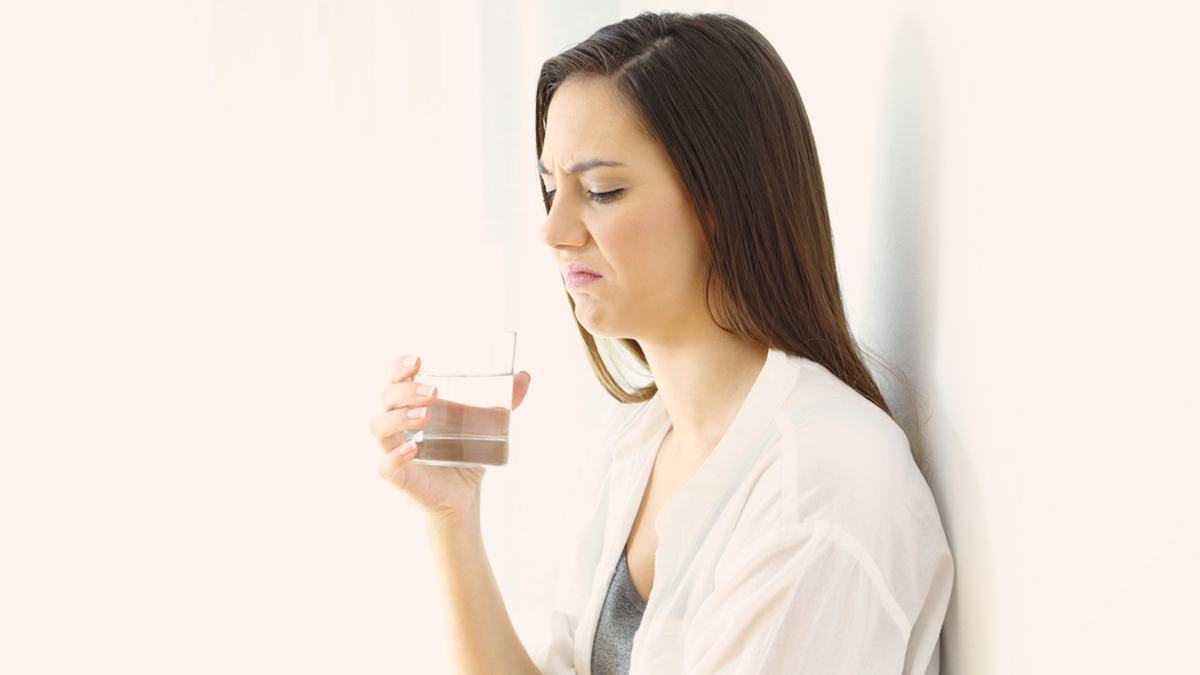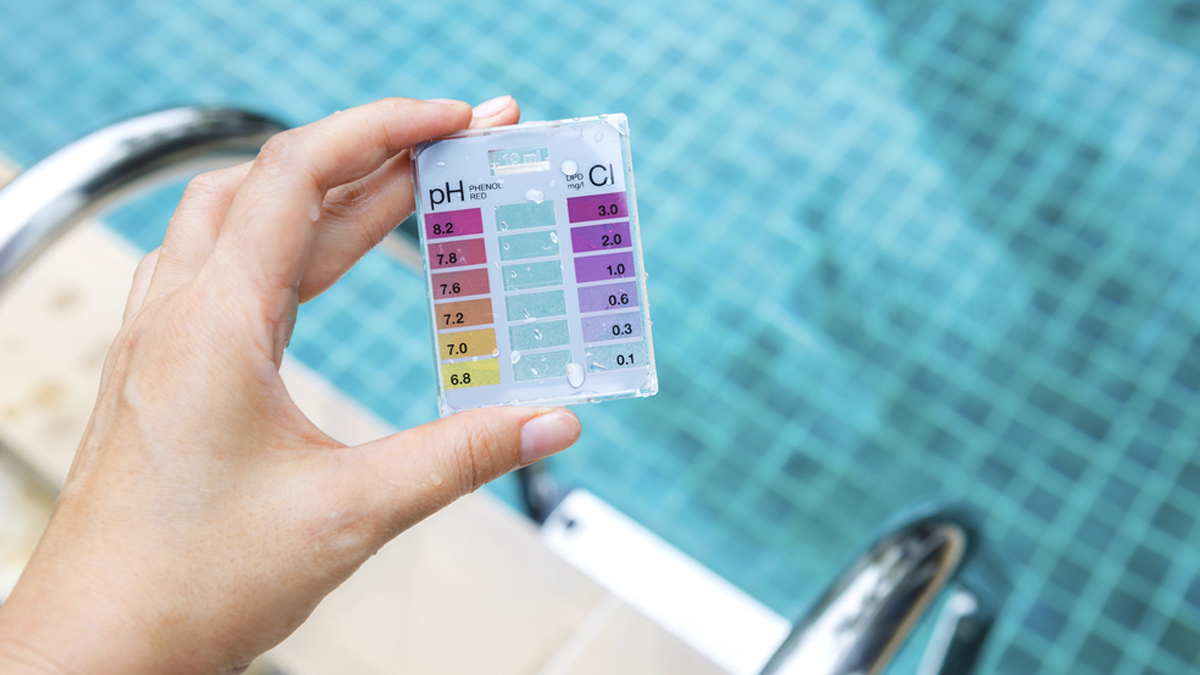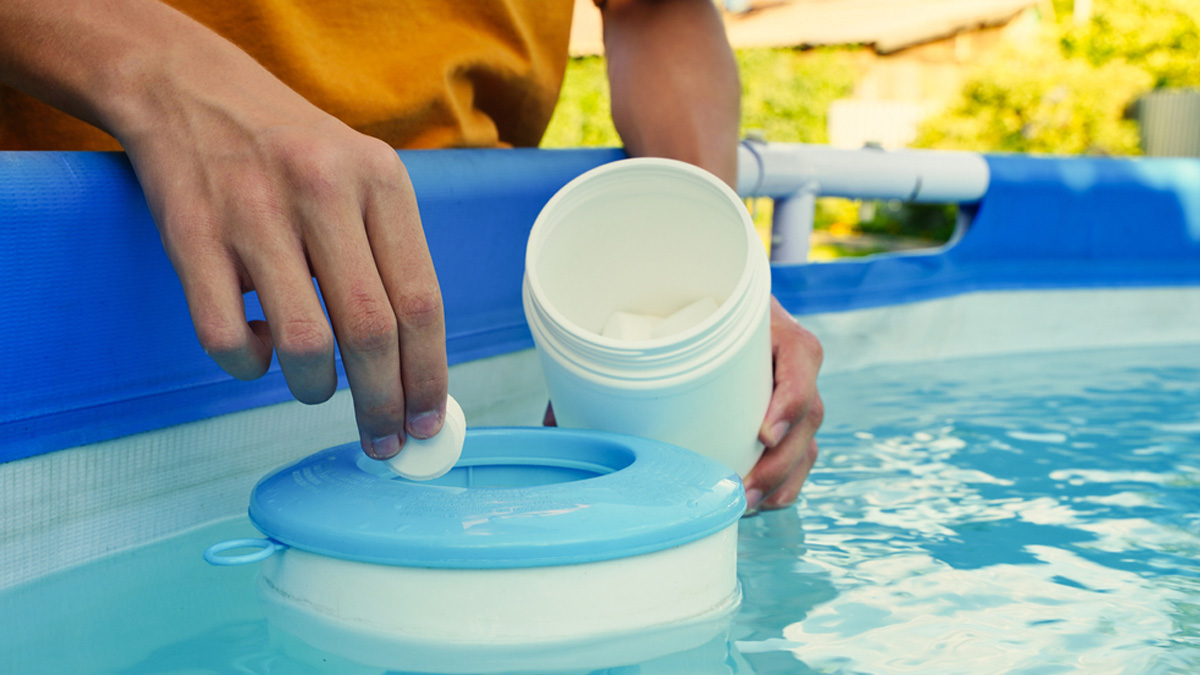
The water we use on a daily basis, for drinking, washing, and bathing purposes, comes from various sources. These can be contaminated by germs that can make people sick. Chlorination is a process that is used to keep germs at bay and prevent illnesses. However, the disinfectant used, although the most effective in eliminating harmful microorganisms, is often criticised for its side effects on health.
Table of Content:-
What Does Chlorine Do?

In an interaction with the OnlyMyHealth team, Dr Suchismitha Rajamanya, Lead Consultant and HOD - Internal Medicine, Aster Whitefield Hospital, Bengaluru, says, “Chlorine is mostly used as a disinfectant in water treatment plants to kill harmful bacteria, viruses, and other pathogens, which could pose risks to human health.”
Also Read: Mouth Ulcers Could Signal Vitamin B12 Deficiency: Other Oral Signs To Watch Out For
According to her, the chlorination process ensures that drinking water is safe and minimises the chances of waterborne diseases.
In general, contaminated water is linked to the spread of various diseases, such as cholera, diarrhoea, dysentery, hepatitis A, typhoid, and polio, according to the US Centers for Disease Control and Prevention (CDC).
Around the world, some 10 lakh people are estimated to die each year from diarrhoea as a result of unsafe drinking water, sanitation, and hand hygiene.
Side Effects Of Drinking Chlorinated Water

While chlorine is an effective disinfectant that helps prevent water-borne illnesses, Dr Rajamanya says consumption of chlorinated water for a long time may have various health hazards, including higher risks of developing bladder and colorectal cancers and an increased likelihood of respiratory problems.
But while it's true that adding chlorine to water can have some minor drawbacks, these are often outweighed by the tremendous benefits of disinfection, according to the doctor.
The CDC suggests that chlorine levels up to 4 milligrams per litre (mg/L or 4 parts per million (ppm)) are considered safe in drinking water. At this level, harmful health effects are unlikely to occur, the health body notes.
How Does It Impact Skin?

Unfortunately, chlorine can damage your skin, says Dr Rajamanya.
She explains, “Long exposures to chlorine-contaminated waters like swimming pools or showers cause natural oils on the skin to be washed off, leading to dryness, irritations, and worsening conditions like eczema.”
The American College of Allergy, Asthma, and Immunology clarifies that a skin reaction from chlorine is not an allergy but is actually 'irritant dermatitis,' like a chemical burn, caused by hypersensitivity to the natural irritant.
Moreover, chlorinated swimming pools can result in sore eyes and breathing difficulties among swimmers. Therefore, taking a shower before and after swimming and applying moisturiser to your body parts is recommended.
A Final Word
Dr Rajamanya says, “Some other ways you can avoid summer illnesses brought about by contaminated drinking water, instead of using chlorination, are UV water purifiers, reverse osmosis systems, and boiling the drinking water.”
She shares that these methods either remove or kill germs without any known associated potential side effects related to chlorine.
Also watch this video
How we keep this article up to date:
We work with experts and keep a close eye on the latest in health and wellness. Whenever there is a new research or helpful information, we update our articles with accurate and useful advice.
Current Version